Reopening of international travel to students
Australia’s borders will reopen to fully vaccinated international students and Temporary Graduate (subclass 485) visa holders from 1 December 2021.
This will allow education providers to plan for the return of international students, and for students to arrive in Australia and complete pathway courses prior to the commencement of the 2022 academic year.
International students are an important part of the Australian community, and we look forward to welcoming them back to our classrooms, campuses and communities.
Who is eligible?
To access this arrangement, travellers must:
- be fully vaccinated and travel no earlier than seven days after receiving a completed dosage of a vaccine approved or recognised by Australia’s Therapeutic Goods Administration (TGA)
- Children under 12 and those who are medically exempt from COVID-19 vaccination can gain access to the same arrangements as fully vaccinated travellers.
- Arrangements are also in place to permit unvaccinated minors aged 12-17 years to travel with a fully vaccinated adult. Travellers should check the specific requirements with the state or territory to which they are travelling.
- hold a valid visa for one of the eligible visa subclasses
- provide proof of their vaccination status
- present a negative COVID-19 Polymerase Chain Reaction (PCR) test taken within 3 days of departure (unless a medical exemption applies).
Travel Exemptions
From 1 December 2021 fully vaccinated international students with a valid visa no longer need an exemption to travel to Australia. More information on travel exemptions can be found at the Department of Home Affairs website.
Quarantine requirements
International students and Temporary Graduate visa holders arriving in Australia need to comply with the quarantine requirements in the state or territory of their arrival, and any other state or territories to which they plan to travel.
Travellers returning to Australia may only enter and travel between NSW, Victoria and the ACT without quarantining. Travellers may be responsible for costs of quarantine if they arrive in a state or territory without meeting entry requirements.
Proof of COVID-19 vaccinations
Travellers vaccinated in other countries will be able to present certificates in formats that meet the following criteria:
- Issued by a national or state/provincial-level authority or an accredited vaccination provider
- Written in English or accompanied by a certified translation
- Containing at a minimum:
- name as it appears in the traveller’s passport
- either date of birth or passport number
- the vaccine brand name, and
- the date of each dose or the date on which a full course of immunisation was completed.
Information on foreign vaccination certificates is available on the Australian Passport Office website.
Pre-departure PCR testing
At this point in time, all travellers to Australia, including those who have been vaccinated, must provide evidence of a negative pre-departure polymerase chain reaction (PCR) test within 3 days before their flight’s scheduled departure. The Australian Government continues to review this requirement taking into account the most recent scientific evidence.
Exemptions to pre-departure testing requirements are available for specific individuals and countries. Exemption criteria and supporting documentation are defined in the legislative instruments that sit under the Biosecurity Act.
Future role of the Protocols and Preconditions for International Student Arrivals
To guide the state and territory planning process, the Australian Government agreed to the Protocols and Preconditions for International Student Arrivals with states and territories in late 2020.
Following the Government’s announcement on changes to border restrictions for fully vaccinated international students, the future role of the protocols is under consideration.
————-
Coronavirus (COVID-19) has had significant effects on almost all industries. The Australian Government Department of Education is working across agencies and with states and territories to implement measures to manage the risk of Coronavirus on the education sector. Here is a summary of how the travel restrictions have affected Australia’s international education and students.
Related:
- Australia and Singapore Travel Bubble
- Section 48 Bar changes- 190, 491 494 visas
- Travel exemption applications now open for parents of Australians
- NSW Government Remove Quarantine Requirements for Fully Vaccinated International Arrivals
- Travel restrictions to Australia affecting international education
- Australia and New Zealand Travel Bubble
- Australia’s four-phase plan to open its border
- Digital Passenger Declaration- Australia’s digital vaccination passports
Exemptions for Year 11 and 12 students
On the 22nd of February the Australian Government announced limited case by case exemptions for international students from China in Year 11 and 12 (and their accompanying guardians) who hold a valid student visa, permitting them to enter Australia to commence the school year—where they can meet public health requirements.
- This is in recognition of the importance of the final two years of school.
- The exemptions will be considered on case by case basis. This process is being managed by the Department of Education, Skills and Employment.
Impacts of travel restrictions on Student visa holders:
- Some students had their visa cancelled on arrival in Australia. All affected students have been and will continue to be notified.
- The Department has made legislative instruments to regularise the status of a small group of students and visitors in Australia whose visas were cancelled on arrival in Australia the day after the travel restrictions commenced.
- Similar instruments are being drafted to regularise an even smaller group of students and visitors who returned offshore, following cancellation of their visas.
- Student visas will not be cancelled unless a student has attempted to travel to Australia. If you have a concern about the welfare of an individual student please escalate to the Department.
- Anyone whose temporary visa been cancelled during the Coronavirus measures is advised to email [email protected]. The Department will then consider revocation of the cancellation.
- Visa holders subject to current travel restrictions are unable to access or check their visa conditions in (VEVO). This does not mean there is an issue with the grant or status of the visa.
What the Department has done
- Visa processing continues. The Department is approving student visa applications which meet all the visa requirements so that they can travel as soon as travel restrictions are lifted.
- Many student visa applicants cannot meet health, character and English language criteria as key services in China are still closed due to closures.
- If a student has remained outside of mainland China for more than 14 days after 1 February 2020, they are able to travel to Australia.
Visa status and Bridging visas
Student visas cannot be extended
- If a student wishes to extend their stay in Australia, they will need to lodge a new visa application (including a new student visa or a visitor visa).
- It is not possible for the Department to waive this legislative requirement.
- If a student requires additional time in Australia to complete their study, they only need to apply for a new student visa at least six weeks, but no more than three months prior to their existing student visa.
Bridging visas are unable to be extended
-
- Bridging visas are also not able to be granted if the student is outside
- If a student’s bridging visa expires and they are outside Australia, they will need to apply for another visa once the travel restrictions have been
- If they have applied for a visa that can only be granted in Australia (for instance the subclass 485 Temporary Graduate visa), they will need to apply for a visa that enables travel to Australia (such as a tourist visa).
What is the Department doing to assist?
Travel restriction exemptions for Years 11 and 12 for Chinese students
- Entry to Australia has been restricted since 1 February as part of the
Australian Government’s response to the COVID-19 epidemic - The Australian Border Force Commissioner has the discretion to allow entry in compelling and compassionate circumstances
- Allowing Years 11 and 12 students to commence or continue their studies relies on the ABF Commissioner exercising this discretion on a case by case basis
- Criteria have to be met
Who is eligible to apply?
- Chinese international students enrolled in Year 11 and 12
- Holding a current international student visa granted on or before 22 February 2020
- Not currently unwell
- Not travelling from or via Hubei Province
- Have a stable address for self-isolation
- Willing and able to meet self-isolation and any other state or territory requirements
- One current guardian visa holder may travel with each student
How do students apply
- Opt-in process at jurisdiction level
- Overseen by the Department of Education, Skills and Employment
- Coordinated across all jurisdictions and multiple government agencies
- Student and guardian information and evidence gathered locally and aggregated upward to allow the ABF Commissioner to consider application
- School
- State education authorities
- State health authorities
- DESE
- ABF Commissioner
What will happen when exempted students travel
- Health screening applied in China before departure
- Australian Border Force will provide uplift authority to enable boarding
- Health and bio-security screening at the Australian border on arrival
- May fly onward from point of entry to destination provided masks are worn
- Must self isolate for fourteen days on arrival in compliance with state/territory health requirements
- State and territory health authorities monitor students’ self-isolation
Important message
- Students must only book travel once an exemption has been granted
- Anyone travelling without an exemption may be denied boarding and turned back at the Australian border
- Students must supply their flight details to their school well before flying
- The Australian Border Force needs this information to alert airlines to permit
boarding at point of departure
- Students must observe self-isolation and other requirements upon arrival
- Not doing so may result in visa cancellation
VisaEnvoy’s Coronavirus action plan
The VisaEnvoy team have plans in place to ensure ongoing operation for our current and prospective clients. We are able to work entirely remotely in the event that self-isolation is required or the offices are closed, including accessing client files, emails and phones, lodging applications, and accessing documents.

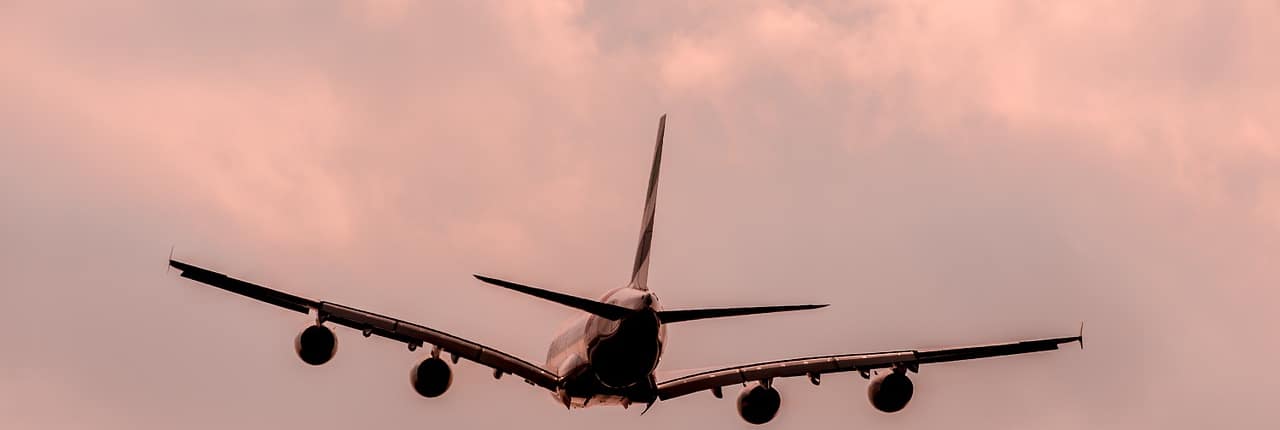


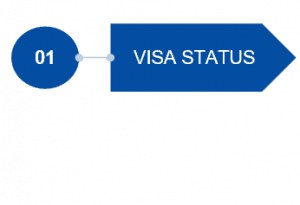
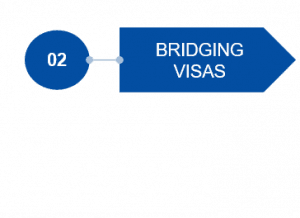
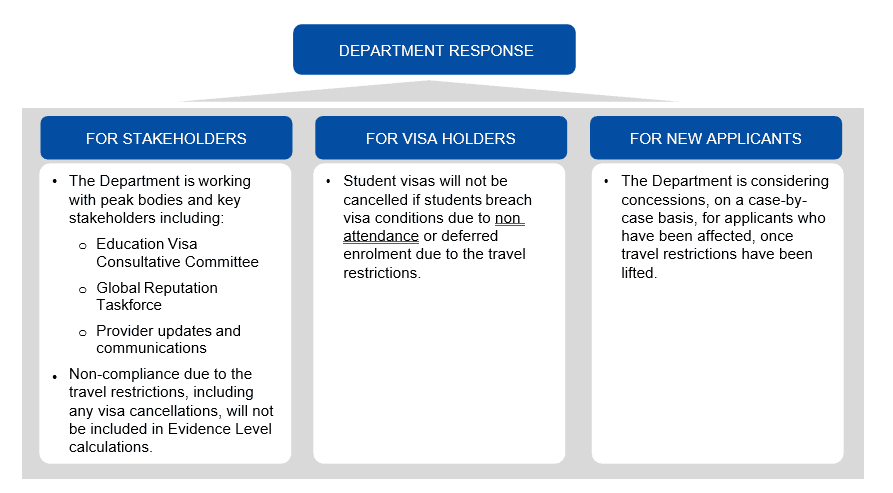

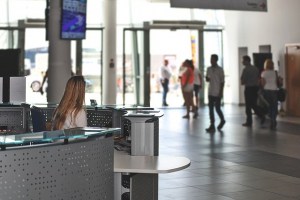




Upcoming Immigration Changes 2026
New 4-Tier Invitation System for 189 Visa
Australian Immi App for Biometrics
Remote Work and Travel Now Clearer for 491, 494 and 489 Regional Visa Holders
New 186 TRT Rule Adversely Impacts Medical Practitioners’ PR Pathway